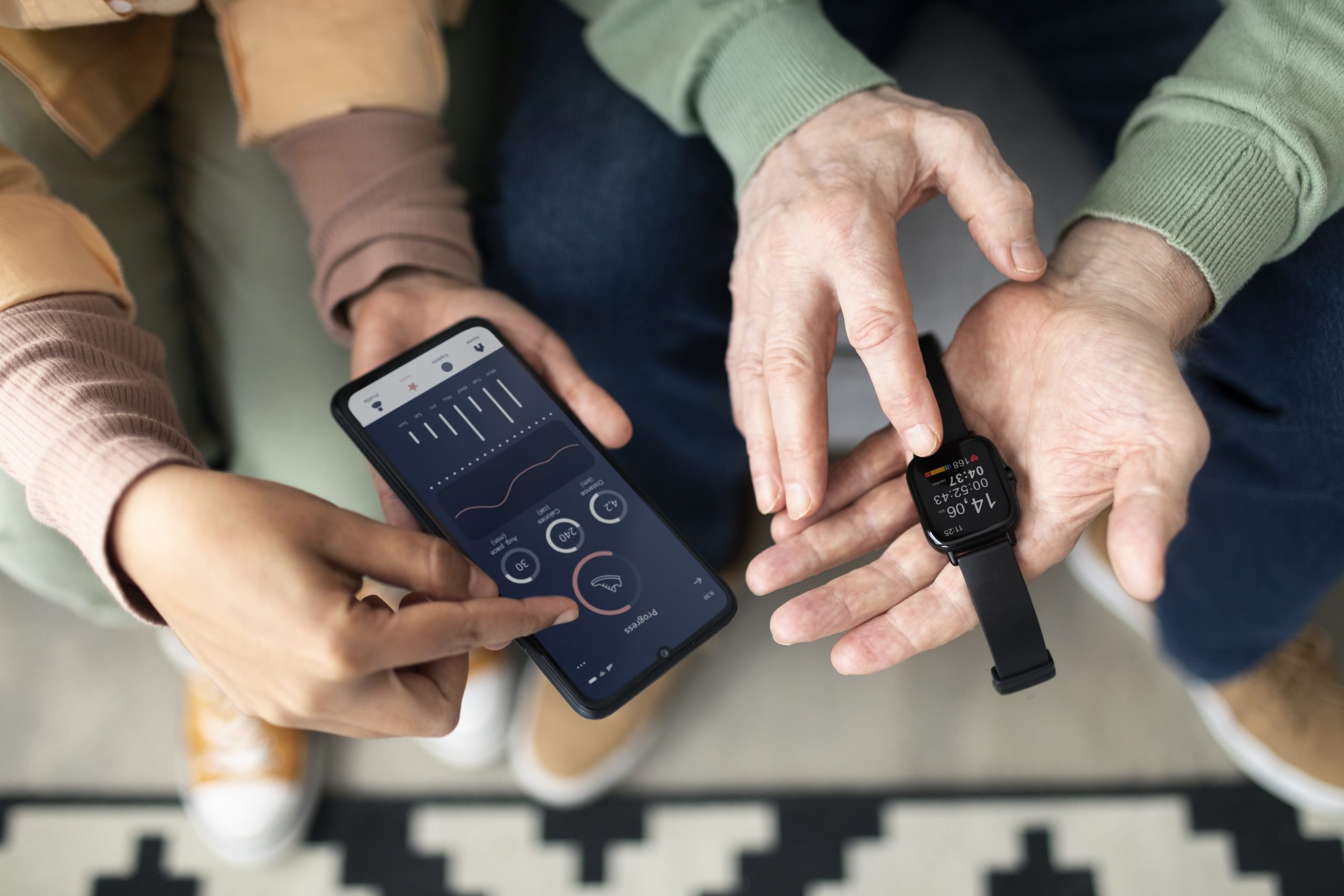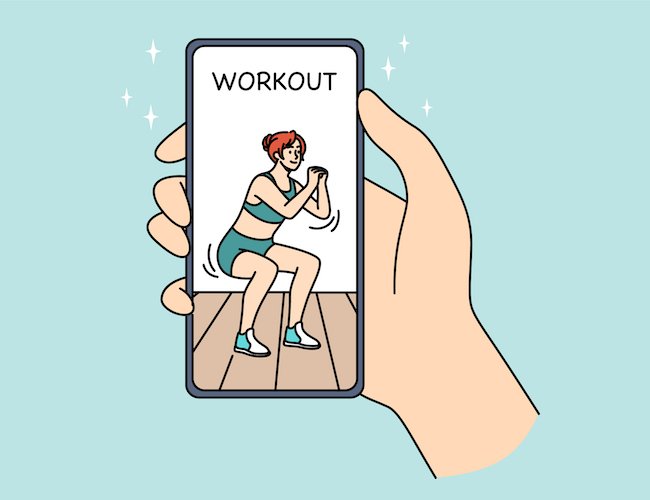If nutrition apps like MyFitnessPal are part of your plans to lose weight this year, a study suggests that focusing on beach season or holiday weight gain won’t be as helpful as thinking about Thursday. It comes with little surprise to wellness professionals that the self-reporting nature of nutrition apps makes adherence difficult. Unlike an activity tracker, nutrition apps require users to remember to log their food intake throughout the day rather than it being automatically recorded. Researchers at University of South Carolina found similar results in their study published in the Journal of Nutrition Education and Behavior. That is, although self-reporting of food is integral to weight loss, self-reporters often fall off, seemingly around the holidays. “A key question we wanted to answer is what impact the holiday season has on individuals’ efforts to monitor their calorie intake,” said lead author Christine A. Pellegrini, PhD.
The study asked 32 obese adults to use a nutrition app to self-report their food intake over various seasons. By monitoring food logs, the researchers could identify when participants stopped reporting their meals and snacks. The study found that “an overall seasonality effect was not observed” as it relates to the frequency of self-reporting. This was not the case for days in the week. The researchers observed a “weekend effect such that participants reported significantly fewer foods between Thursday and Sunday relative to Monday.” This may build the case for targeted reminders during the weekend. Employers and wellness professionals seeking to improve nutrition tracking adherence should explore sending reminders to track nutrition and/or health promotion tips prior to or during the weekend.

The less publicized portion of the study is what should concern the employee wellness industry the most. “After analysis of the data, a reduction in the number of foods reported by each person was seen with each successive day in the study.” Essentially, the adherence to the nutrition program decreased with time. The lack of stickiness has always been an anecdotal problem with nutrition app interventions, and the study seems to confirm and quantify the problem. Unfortunately, the solution seems less clear. The leading nutrition apps continue to invest in engagement enhancing features, including automated tracking, but until there is a breakthrough, employers will need to fight program attrition with regular reminders, personal attention, and other measures.












